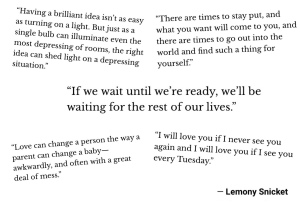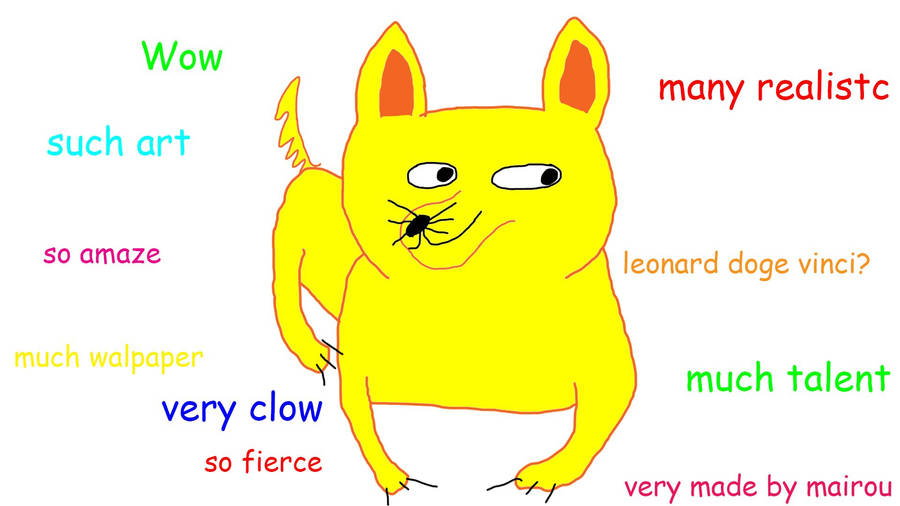
A potentially life-changing book
I started reading a (for me) life-changing book, yesterday, which I wish I’d read years ago, called The Five Love Languages by Gary Chapman. I haven’t finished reading it, so I won’t write too much about it here, but the basic premise is that we all speak one of five love languages and for us to maintain healthy relationships (be it parenting or marriage) we have to understand the other person’s language and learn to speak it.
The languages are Words of Affirmation, Quality Time, Receiving Gifts, Acts of Service and Physical Touch. (If you want to learn more before I finish reading the book, visit www.fivelovelanguages.com).
Rather like Valerie Alexander’s Happiness as a Second Language, it teaches hope, as it reassures that we can all learn these unknown languages, whatever our upbringing. I grew up in a house where happiness wasn’t really spoken and, equally, love wasn’t an open dialogue either. I’m slowly learning to speak these foreign tongues, and having phrasebooks is essential.
The part of the book that sparked today’s blog post came during the discussion of the love language Quality Time. The author speaks of each language having different dialects. For example, Words of Affirmation can include ‘verbal compliments’ or ‘encouraging words’ or ‘kind words’. Quality Time is about giving full attention to another person but this can include ‘quality conversation’ or ‘quality activities’.
On p.67 Chapman explains how hard it is for people to listen, particularly when a loved one wants to rant about a problem at work or similar. He says, “[w]e are trained to analyze problems and create solutions. We forget that marriage is a relationship, not a project to be completed or a problem to solve.”
This was particularly relevant for me yesterday as hubbie came home from work frustrated after having had to work on his personal development plan all day. Admitting there were things he wasn’t good as was hard. Instead of listening sympathetically, “with a view to understanding the other person’s thoughts, feelings, and desires,” I tried to fix the issue. And when he wouldn’t accept my brilliant advice I got angry. Crazy.
Chapman has some great (well worn) advice on listening attentively, but it was point five (p68) that grabbed me.
“Refuse to Interrupt. Recent research has indicated that the average individual listens for only seventeen seconds before interrupting and interjecting his own ideas.”
Oh my goodness, yes, guilty as charged. Interrupting is one of my greatest flaws and I hate myself every time I realise I’ve done it. Even when I’m interrupting to agree, to share an anecdote to say ‘me too!’ or to offer words of sympathy, I am still interrupting. I’m even worse with the children, because for the past five years I’ve had to interpret what they’re trying to say. Now, when they’re capable of explaining it themselves, I still do it and it drives them bonkers, especially the youngest one.
My head fills with words and it’s like I can’t actually carry on listening because my need to speak fills my mind and my words are too precious to waste. How arrogant. When the children interrupt me and I stop them, they often cry and say “I’ve forgotten what I wanted to say now”. My response is usually, “if it was important it will come back to you” but I know from experience that isn’t true. For me, words not said or written down are lost forever (especially the blog posts or character scenes I write in my head at 2am and don’t capture because I don’t want to wake everyone up by getting out of bed.)
I’ve been known to lose track of whole conversations with other people because of the nagging sensation that I was about to say something brilliant. Maybe it’s time to let that go and trust that the words, if important enough, will come back eventually.
Thinking about all this at 5am this morning I realised that is why people love blogging so much and why I love reading posts that other people write. You cannot interrupt. I can write all the way to the end of a thought, or read all the way through to the end of someone else’s explanation, discussion or revelation, without interruption. In a world where we are all so eager to speak, blogging teaches us to listen and allows us to be heard. I hit the like button (where there is one, and I hate it when there isn’t) when I get all the way to the end of a blog post, as if to say “I have listened”.
I also realised that, by reading all the way to the end of a post without interrupting, I often don’t have anything to say. There is nothing to fix, no need for shared anecdotes. The writer has often answered their own question or revealed that actually their situation isn’t exactly like that time when I … at all.
So, my mission is to learn to listen, to learn to let my words go so that I can hear the words of others. How can I write stories if I won’t ever listen to them?
And I’m also going to try really really hard not to beat myself up about past failures. My favourite quote so far in Chapman’s book is “I am amazed how many individuals mess up every new day with yesterday. They insist on bringing into today the failures of yesterday and in so doing, they pollute a potentially wonderful day.” (p47) The sun is shining outside, the children are happy and the husband is smiling. Who would want to pollute this day?
Happy listening.

 As I was sitting in the coffee shop yesterday, knitting (which is the new writing, don’t you know), I couldn’t help but overhear two concerned mums talking about their children’s schooling. It was a long conversation, and a private one, but the gist was very much balancing the achievement of potential with happiness.
As I was sitting in the coffee shop yesterday, knitting (which is the new writing, don’t you know), I couldn’t help but overhear two concerned mums talking about their children’s schooling. It was a long conversation, and a private one, but the gist was very much balancing the achievement of potential with happiness.
 I read a quote on Facebook this morning that said,
I read a quote on Facebook this morning that said,










